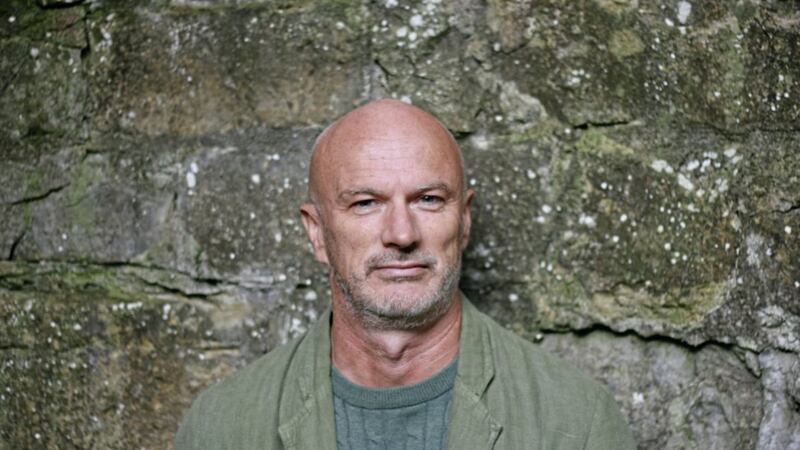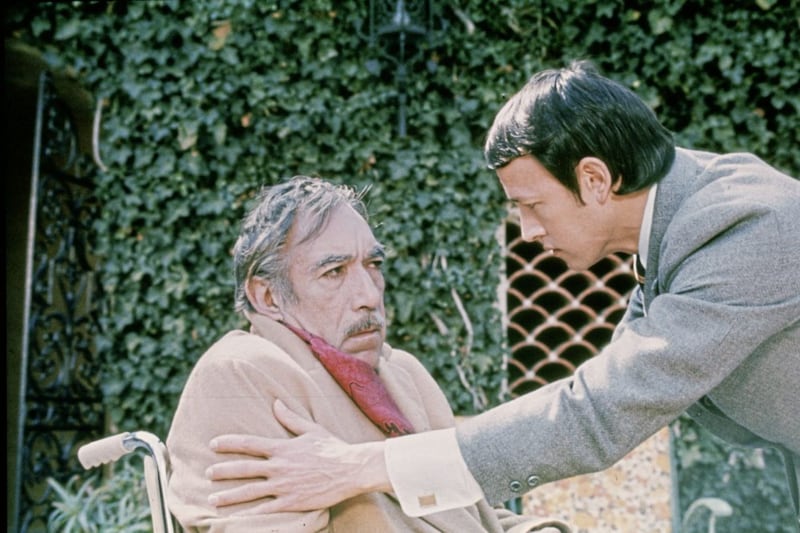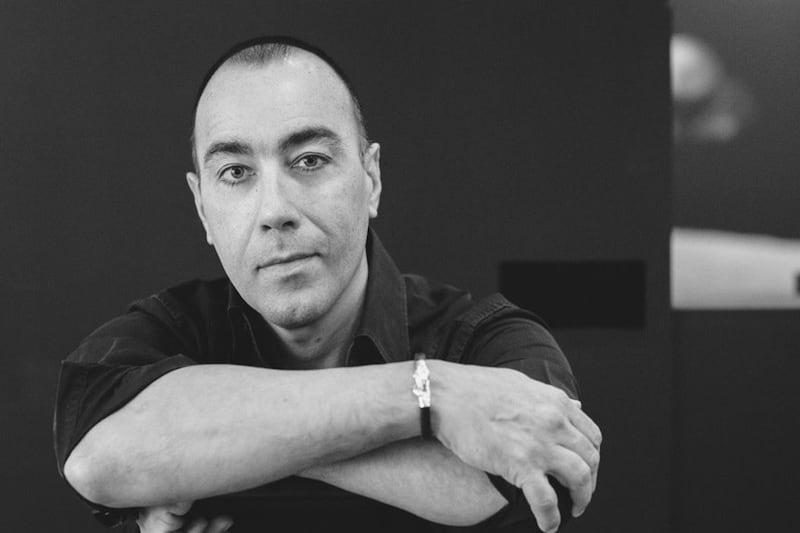How would you sum up Turncoat?
It’s a detective novel full of metaphysical imagery and poetic landscape descriptions that help heal the darkness and injury conjured up by the subject matter – the legacy of the Troubles.
Did you set out for the novel to explore the contentious issue of the search for truth and justice that remains a huge talking point in our society today?
I wanted to write a dark psychological thriller about the impossibility of knowing the truth told through the haunted voice of a detective reluctant to face up to his own lies and betrayals. I wanted to tell a meaningful story about the Troubles, but in the style of a gripping spy thriller. Cast in the mould of a metaphysical detective, Maguire is a more alienated and unstable hero than that of my previous books; one whose sense of guilt and self-doubt leaves him better equipped to penetrate the layers of culpability and detect the dark forces that plagued civilian life during the Troubles, while relentlessly interrogating his own allegiances and motives.
Can you explain what you mean by a metaphysical detective novel?
It is a subversive form of the traditional detective tale. It breaks rules and conventions and aims to question issues such as the nature of truth and justice. It tends to deal with a missing person rather than dead bodies or suspects, and often the person the detective is pursuing turns out to be him or herself. Labyrinths abound in metaphysical detective fiction. In Turncoat, I chose Lough Derg’s spiralling pilgrim paths.
What drew you to Lough Derg for the book's setting?
I wanted to follow in the footsteps of my grandfather who was a regular pilgrim to the island there. He enjoyed the Lough Derg rituals so much that after leaving the island he would spontaneously volunteer to return for another round of fasting and prayer. I smiled at the thought of summoning his ghost by walking and praying where he had walked and prayed. He had a devout faith, which he passed on to his daughter Marie, my mother, and his seven grandchildren, including me.
How did your experience at Lough Derg impact upon your novel?
Originally, I thought the pilgrimage site of Station Island on Lough Derg would be a good stepping-stone for my guilt-ridden detective hero Maguire before he embarked on a cat and mouse chase with his informer and Special Branch along the Irish border. Intending to devote a chapter or two to the holy island, I set off for Lough Derg, partially as research and partially because I'd always wanted to complete the rites of passage pilgrimage.
As a teenager I’d been too cowardly to join my friends when they headed there in search of spiritual favours after we finished our A-level exams.
As I completed the ritual three days of fasting and praying barefoot during the night, it struck me that everything I needed for a dark tale of espionage and paranoia was there on the island. I began to envisage the book as a pilgrimage through conscience and memory told in the style of an intense psychological thriller.
Ironically, for such a holy place, the island turned the story into a much more disturbing tale than I had originally envisaged. From that point on I became obsessed with the idea of my unstable detective pretending to be a pilgrim, wandering barefoot, but gumshoe style, in the half light and drizzle of Lough Derg, attuned to the preternatural and haunted by a religious truth he can sense but not grasp or understand.
Has your past career as a mental health and social worker helped you get inside the mind of your characters, and in this case depict paranoia?
Working as a mental health social worker in Northern Ireland felt very much like being on the front line in a war even though the ceasefire was in place when I began my career. Turning my experiences into fiction means I can be less constrained but still close to the heart of a society carrying the psychological scars of a long and bitter conflict.
Novelists walk a line that social workers and journalists can't – they're able to risk getting it wrong. They can also daydream over a story and, better still, step down from the proverbial gallery and get involved in the movement and moods of the tale. With that there's a guilty sense of trespass, which can be pleasurable as well as conscience-pricking.
Who would you cast as Detective Maguire in the screen adaptation of Turncoat?
Ciaran Hinds or Stephen Rea.
Have you plans for another book?
Lockdown was a productive time for me. I had no book events or readings to distract me, so I finished another novel called Murder Memoir Murder.
Will you ever return to your Inspector Celcius Daly series?
Yes, but this time I’m going to spice up his dispiriting domestic life by giving him a Brazilian astrologer as a girlfriend.
Turncoat by Anthony Quinn is published by No Exit Press and is available on November 26.






